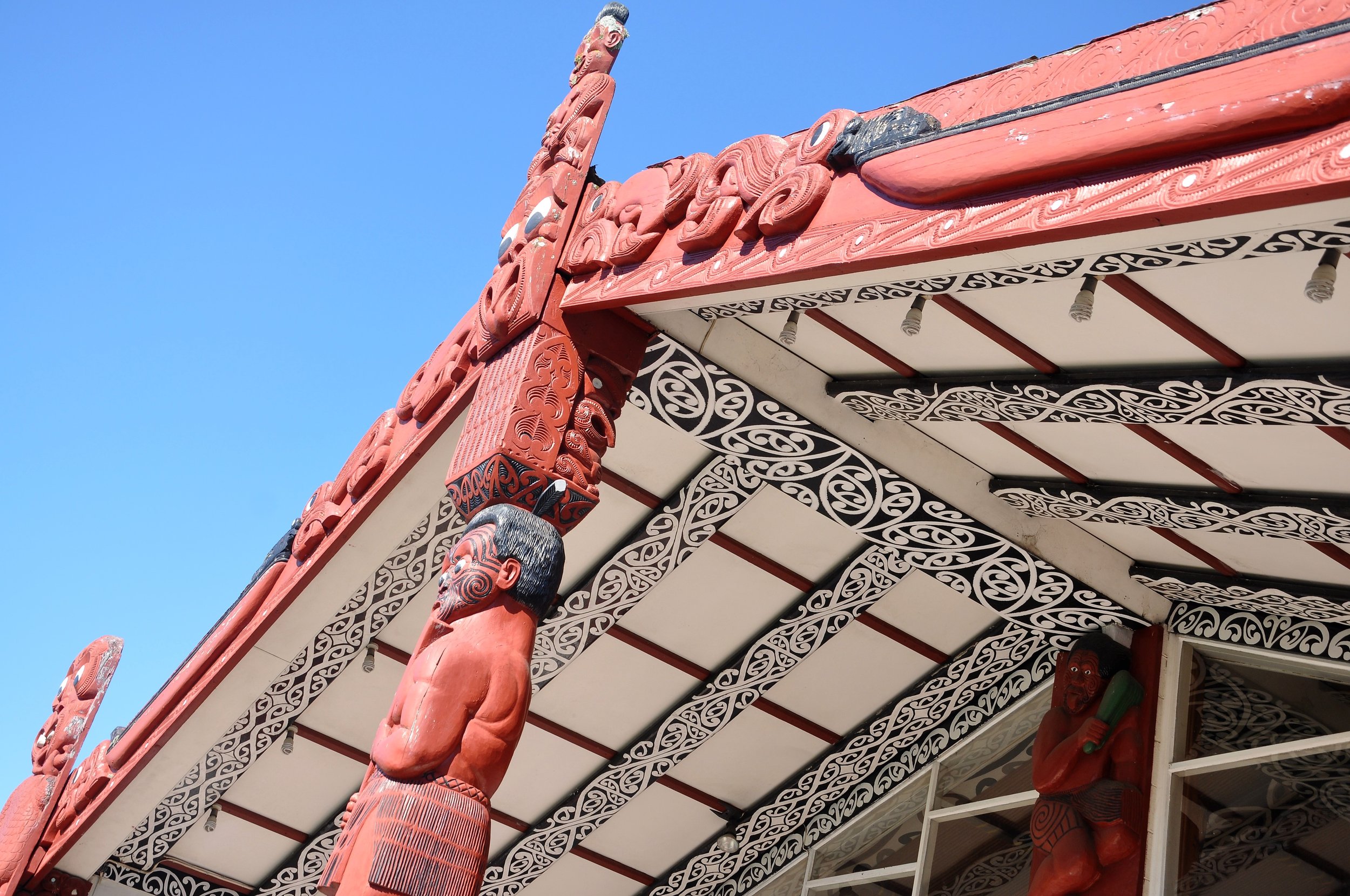WAI 2750 Housing Kaupapa Inquiry
Wai 2750 is the opportunity to explore how we reset the housing system in partnership with Māori.
Following repeated requests from the majority of claims, and jointly led by the Te Puea Memorial Marae and Te Matapihi Claims, the Waitangi Tribunal convened a Judicial conference to consider planning the Inquiry so that the issue of homelessness is addressed first.
The Judicial Conference was held on the 17th of July 2020 at the Tribunal’s offices in Wellington and there the planning issues were considered by Judge Coxhead alongside the panel comprising of Basil Morrison and Prue Kapua.
The discussion focussed on how the homelessness aspect could be structured and planned. It was generally agreed that it would focus on the contemporary issues, going back only as far as 10 years to provide some context and sense of the trajectory of the issue, which continues to worsen. The submitted proposal by claimant counsel was for a process that would allow this phase to be completed within a year and hopefully lead to an early report on the issue.
Following the Judicial Conference, the Tribunal Research Casebook was released which provides a snapshot of all the housing issues, including the historical and legislative elements.
Phase One of the WAI2750 housing inquiry tribunal hearings began 22nd - 26th March 2021. The closing submissions were held 26th - 29th October 2021.
The Inquiry heard outstanding claims with grievances concerning housing policy and services. Many of the claims which raise grievances in relation to housing issues were brought on behalf of particular whānau, hapū and iwi from across the nation. Many of the related claims alleged Crown failure to ensure an adequate standard of housing for Māori, both rural and urban, or to deliver state services, programmes and support enabling Māori access to adequate housing.
Claimants did not just talk about problems; they offered solutions. There were many examples of how Māori are disadvantaged by a supposedly 'colour blind' system. How unemployed Māori living in cities can't return to their ancestral lands as this will jeopardise their benefit entitlements. Ricky Houghton described it as "they can't be homeless at home, so they have to be homeless somewhere else,".
Te Matapihi has been engaged in the full spectrum of kāinga matters since our beginning as part of a call to action in 2010, from papa kāinga to urban housing, social housing and policy settings, the importance of meaningful and effective design, and of course homelessness, the sharpest point in the range of housing issues, where someone does not have a place they can really call home.





“The evidence coming through is loud and clear, “give us the resources and get out of the way.”
— WAYNE KNOX, TE MATAPIHI (WAI 2750 TRIBUNAL HEARINGS)
Key Documents & Livestream Links.
Key Documents.
Key Documents from 2018 prior to the WAI 2750 Tribunal Hearings:
Key documents pertaining to Phase One of the inquiry held 22-26 March 2021:
Key documents pertaining to Phase Two of the inquiry held 17-21 May 2021:
Key documents pertaining to the Closing Submissions of the inquiry held 26-29 October 2021:
Livestream Links.
Phase One: 22-26 March 2021
Day 1: https://youtu.be/0Ncu7DunQn4
Day 2: https://youtu.be/Tb6MGBBWJlI
Day 3: https://youtu.be/EIkHS1JDAXc
Day 4: https://youtu.be/6KpPbvEKeDc
Day 5: https://youtu.be/u6FLCPFipvo
Phase Two: 17-21 May 2021:
Day 1: https://youtu.be/LgcGNm_XzdY
Day 2: https://youtu.be/No21L770was
Day 3: https://youtu.be/IHXLnugh-tU
Day 4: https://youtu.be/O6DWZNgWe8g
Day 5: https://youtu.be/YjaClOeaGtk
Closing Submissions: 26-29 October 2021
Day 1: https://youtu.be/3SdNyp_v-uo
Day 2: https://youtu.be/tm9C4-hsl7o
Day 3: https://youtu.be/D-Qbt8AeJs0
Day 4: https://youtu.be/GqASJuaRTJo
